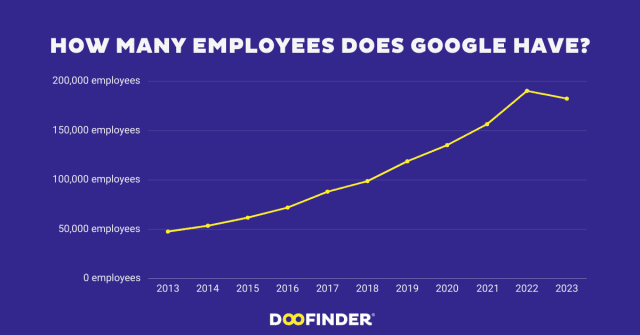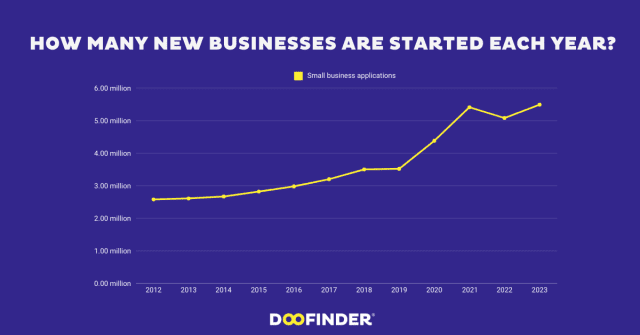CONTENTS
In the ever-evolving landscape of business, strategic decisions play a pivotal role in determining success. One such decision that continues to gain prominence is outsourcing. By delegating certain tasks to external experts, businesses can tap into a range of benefits. Let’s delve into the top reasons why organizations are choosing outsourcing as a key strategy for growth and efficiency.
8 Reasons Why Companies Choose to Outsource Work

1. Greater Flexibility, Quicker Adaptation (21%) – Agility in Action:
Flexibility is the name of the game. With 21% of businesses prioritizing greater flexibility, outsourcing becomes a powerful tool for adapting quickly to changing market dynamics. Explore how outsourcing empowers businesses to stay agile and responsive in a fast-paced environment.
2. Increased Efficiency (19%) – Streamlining Operations:
Efficiency is the cornerstone of success. For 19% of businesses, outsourcing is a means to streamline operations, allowing them to focus on core competencies. Discover how increased efficiency through outsourcing translates into a competitive advantage.
3. Increased Available Resources (16%) – Augmenting Capacities:
Resource optimization is a key driver. With 16% emphasizing increased available resources, outsourcing becomes a strategic move to augment capacities without the complexities of in-house expansion. Uncover the ways in which outsourcing boosts resource availability.
4. Frees Up Employer’s Time for Other Projects (11%) – Time as a Valuable Asset:
Time is money, and for 11% of businesses, outsourcing is a means to free up valuable time for employers. Explore how this time-saving benefit allows businesses to channel their efforts into other critical projects and initiatives.
5. Receiving Help and Guidance from an Expert (10%) – Leveraging Expertise:
Expertise is a priceless commodity. For 10%, outsourcing provides an avenue to receive help and guidance from seasoned professionals. Delve into how businesses leverage external expertise to enhance the quality of their projects.
6. Better Risk Management (9%) – Mitigating Risks Strategically:
In the dynamic business landscape, risk management is paramount. For 9% of businesses, outsourcing is a strategic move to better manage risks. Learn how outsourcing can be a proactive approach to navigate uncertainties effectively.
7. Cheaper Than Hiring In-House (7%) – Cost-Effective Solutions:
Budget considerations weigh heavily. With 7% citing cost-effectiveness, outsourcing emerges as a financially savvy solution compared to hiring in-house. Explore how businesses balance quality and cost through outsourcing.
8. Better Tax Breaks (6%) – Financial Incentives:
Fiscal considerations are integral. For 6%, better tax breaks make outsourcing an attractive financial proposition. Understand how businesses capitalize on tax incentives by strategically outsourcing certain functions.
Why do companies outsource?
In conclusion, the decision to outsource is more than a cost-cutting measure; it’s a strategic choice with multifaceted benefits. From increased flexibility and efficiency to leveraging external expertise, businesses are finding innovative ways to enhance their operations. By understanding the top reasons for outsourcing, organizations can tailor their strategies to harness the full potential of this dynamic business practice. In a world where adaptability and efficiency are paramount, outsourcing emerges as a key driver of sustainable growth.
Ready to discover more?
Source Credit: Our content incorporates information from respected platforms, including Statista, Insider Intelligence, Data Reportal, and Census.gov. Recognized for offering dependable and current information, these sources contribute to the reliability of our content.







